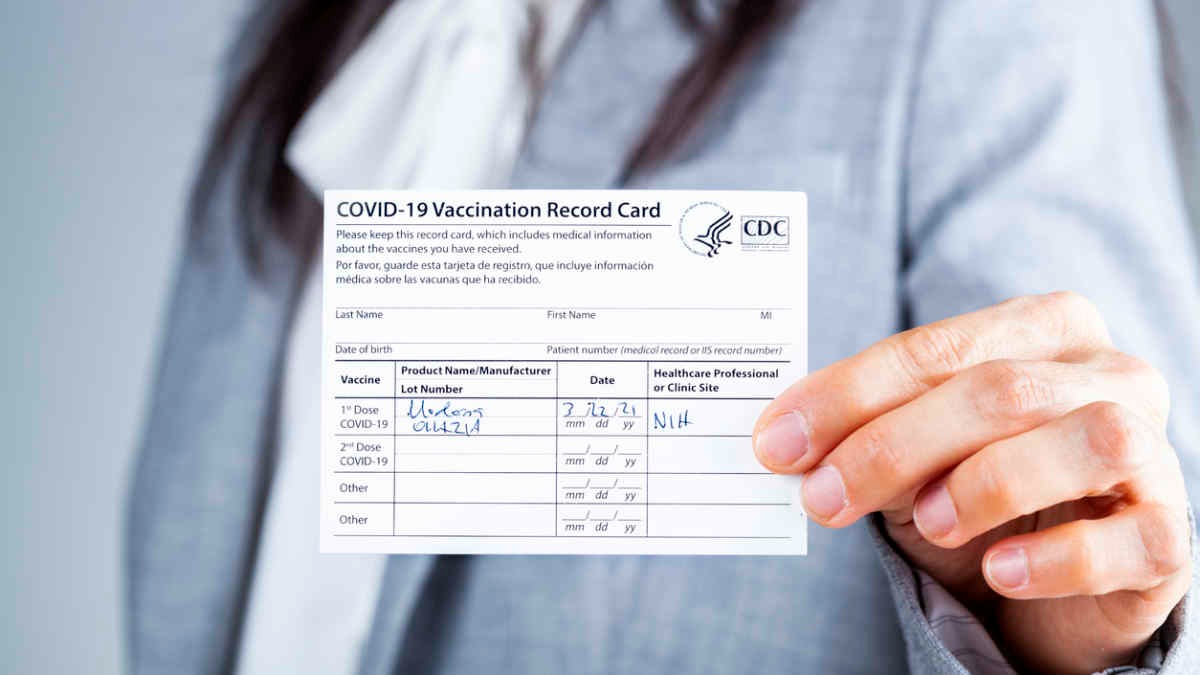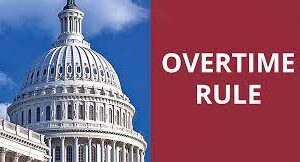Description
Private Employers with 100+ Employees Vaccine is Now Barred by the Supreme Court! What Can Employers Do Now?
The Supreme Court’s stay of the ETS will likely be in effect for at least the foreseeable future. However, given the previous January 10, 2022, initial compliance deadline for the ETS’s non-testing requirements, many employers had already implemented policies and practices to comply with the ETS prior to the Supreme Court’s decision being announced. Employers who have already done so, therefore, have several options at this juncture, including:
- Keeping their policies and practices as-is. Based on the Secretary of Labor’s statement, this appears to be OSHA’s preference. Employers who continue to maintain one of the two policies that were previously required by the ETS must now, however, be mindful of conflicting state and local laws, including laws that bar mandatory vaccination policies or expand the circumstances under which workplace accommodations to such policies must be provided. Particularly for multi-jurisdictional employers, therefore, it is imperative to understand whether there are any applicable state or local laws that in some way restrict what would otherwise have been an ETS-compliant policy.
- Revising their policies and practices. Under the ETS, employers were required to implement a variety of measures related to vaccination, testing, masking, reporting, and recordkeeping. Because the ETS is stayed, employers can scale back on – or even do away with – those requirements if they would like. Again, however, employers will still need to consider applicable state and local law when making these decisions. In New York City, for instance, mandatory workplace vaccination policies are still required even with the ETS being stayed.
Employers and Professionals should add the General Duty Clause from OSHA guide their actions to ensure a safe, healthy and hazard free work environment. That means conducting safety criteria as we did on 2020 like mask, social distancing, hand sanitizers, Signage and washing of hands and sanitizing the office facility which has been proven to reduce the spread of spreading COVID-19.
Employers and Professionals need to provide confidence to employees to return to work by establishing guidelines that will assist in work safety environment. Whether you opt for vaccine mandates or encourage vaccines you still need a policy. Remember, the Equal Employment Opportunities Commission (EEOC) was the first workplace vaccine mandate, and you can create a vaccine program that works for your company and meets the OSHA guidelines.
This training will provide you with options for a Vaccine Program that will fit all Employers and Professionals while we manage a safe, healthy, and hazard free workplace.
Session Highlights:
- Learn what the options are for Employers and Professionals when it comes to safety in the work environment
- Learn how OSHA is still focused on safety in the workplace even though the OSHA ETS was barred by the Supreme Court
- What is the confusion that are in place with Employers when it comes to vaccine mandates?
- Learn what the landmines are when Employers avoid vaccine mandates
- Learn how the EEOC vaccine mandate can be part of the new vaccine mandates programs
- Learn what the current COVID-19
- Covid-19 Omicron Variants are still with us. How should we battle the spread of this virus.
- Learn what the CDC has recommended for individuals and workplaces to stay safe
- How can Employers mitigate the new changes in the EEOC for Religious and Pregnancy exemptions and what you need to do regarding reasonable accommodations?
- Learn how you can mitigate all the vaccine mandates by following the EEOC vaccine
- Learn how testing has changed in the new administration and who has access to testing for free
- Learn how Employers and Professionals can mitigate all the requirements from the state specific vaccine mandates
- Learn how to establish a vaccine program that will meet the requirement for the EEOC Guidelines as well as the OSHA guidelines
- Learn how you can reduce the potential for litigation for discrimination or wrongful termination by follow our Reasonable Accommodations Program
- What are the critical policy programs that can change the workplace?
- Learn how you can mitigate the new updates and implement the vaccine mandates in your company.
Why should you attend?
Employers who revise their policies and practices considering the Court’s decision should also keep in mind that they still have an obligation to protect their employees at the workplace. Stated differently, the Court’s ruling does not impact employers’ obligations under OSHA’s General Duty Clause. Companies should continue to keep that standard in mind, especially as the world deals with yet a new highly contagious variant.
Who should attend?
- All Employers with 100 + employees or near that amount
- All Employers with under 100 employees
- Business Owners
- Company Leadership
- Compliance professionals
- HR Professionals
- Office Managers
- Managers/Supervisors


 Margie Faulk
Margie Faulk



